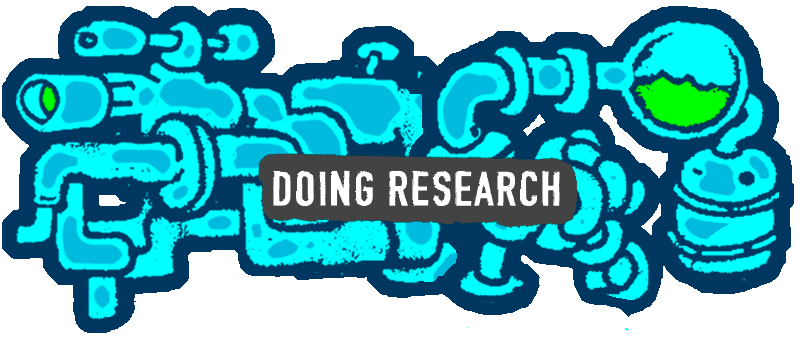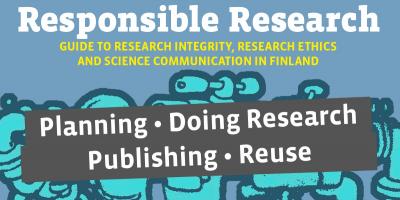
Research integrity is part of the researcher’s professional skills. Responsible conduct of research is self-regulation of the scientific community. However, the limits of research work are set out by legislation. An open science culture promotes science and the impact of science.
